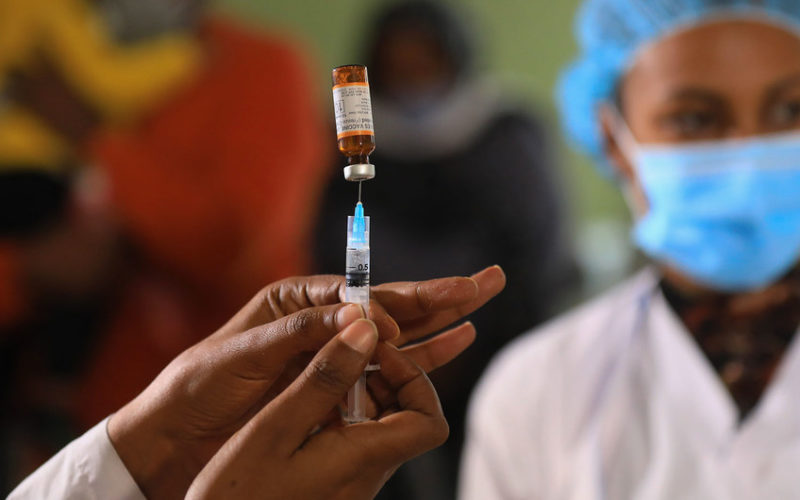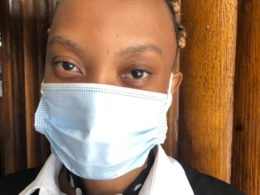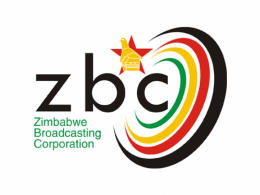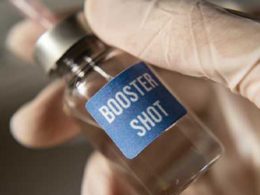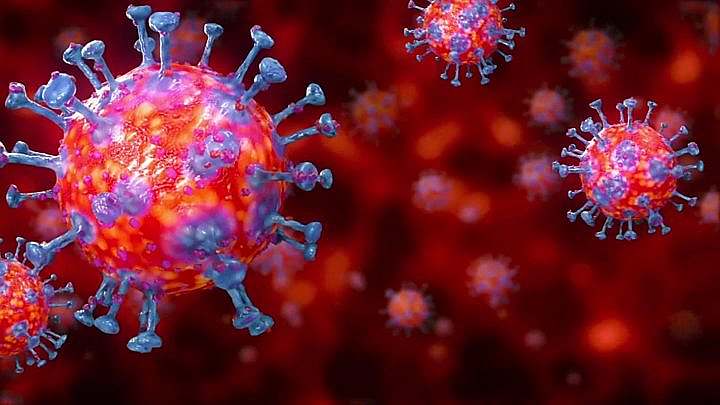Claim: There are questions around Covid-19 vaccines and whether Covid-19 vaccines are safe for people living with Human Immunodeficiency Virus ( HIV).
CITE contacted Health Desk experts who explained that individuals living with HIV can safely be vaccinated against Covid-19.
“As part of the authorization process that the available vaccines go through before being available for mass vaccination, clinical trials allow researchers to establish the safety of a vaccine. The clinical trials used to test the safety of the authorized Covid-19 vaccines included people with HIV infection, and were deemed safe,” said the Health Desk Experts.
They said there is no evidence that the authorised vaccines interfere with the effect of medical treatment for HIV.
“Vaccines are recommended for everyone with HIV, regardless of their disease stage, and strength of their immune system.”
The experts said there is no evidence that HIV treatment can help prevent or treat Covid-19 infections.
The Health Desk Experts also advised people living with HIV to follow up with their doctors regularly, and safely, by taking Covid-19 precautions at the clinic or using remote consultations (Telemedicine), and medication delivery services if available.
“Make sure they have a 30 to 90 day supply of HIV medication, and any other medication needed to maintain their health. Making sure they are up to date on other vaccines such as the seasonal flu and bacterial pneumonia as people with HIV are at a higher risk of these infections.”
“People who have a weakened immune system as a result of advanced or untreated HIV may not be fully protected, even if they are vaccinated. They should continue to protect themselves the same way unvaccinated people would, and follow up with their doctor,” they said.
They added that everyone with HIV benefits from maintaining a healthy diet, sleeping at least 8 hours a day, reducing stress as much as possible and getting regular medical treatment for HIV. They should also maintain emergency contact in case they get sick.
“People living with HIV infections who are not taking medical treatment generally have a weaker immune system than people with HIV on regular treatment and people without HIV. For this reason, they are at higher risk of some infections, which can affect them more than people without HIV. These can often be the cause of death in advanced HIV patients. However, there is no clear evidence that having HIV increases the chances of someone getting infected with COVID-19 and/or developing serious complications from the disease,” they said.
The experts added that people with HIV sometimes have other medical conditions along with the infection, such as high blood pressure, heart disease, and lung disease.
“Individuals with these conditions, regardless of their HIV status, have been found to have more severe Covid-19 infections, develop complications and are more likely to be hospitalised.
They said some studies are starting to show a mild increase in risk for individuals with HIV for developing complications, and although these studies are not yet conclusive, it highlights the urgency of caring for people with HIV.
“This includes making sure they have access to safe care, adequate supply of medications (for HIV and other conditions) and food to maintain a healthy and strong body,” said the experts.
“This can be particularly challenging for some populations. The HIV pandemic does not affect all populations equally. In 2020, 55 per cent of global HIV cases were reported in eastern and southern Africa. Only six per cent were in Western and Central Europe and North America. In the United States the black and Hispanic population, which accounts for 31% of the country, represents 64% of HIV cases.”
The doctors added, “HIV in the time of the pandemic is a complex public health issue that requires regular access to care, community support, outreach and education to protect the vulnerable population of people living with HIV.”



